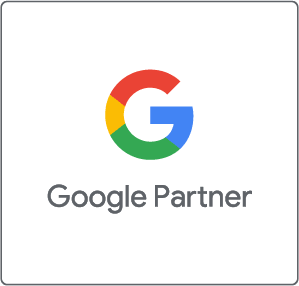Search is evolving fast. Thanks to AI, the way people look for information online is shifting from short keyword strings to more natural conversations. For businesses focused on local SEO optimisation, understanding these changes is key to staying visible in search results.
This shift isn't just a tech trend. It's a fundamental change in how people find services, products, and answers online. Whether you're a local builder or a service provider with multiple locations, it affects how your business gets seen.
The Shift from Keywords to Natural Language
Search engines now do more than match keywords. AI helps them understand user intent, complete questions, and serve relevant results in context.
Key changes you need to know
Voice search is driving longer, conversational queries More people use voice assistants to search on phones and smart devices. Instead of typing "locksmith Taupo," they’ll ask, "Where can I find a 24-hour locksmith near me?"
Google’s generative search experience (SGE) changes results AI-generated summaries are starting to appear at the top of search pages. These rely on content that answers common questions clearly and quickly. Learn more about how Google SGE works.
Natural language is the new default Clear, helpful content written the way people talk is now essential. Content that mimics real conversations stands a better chance of showing up in featured snippets or voice search results.
Why This Matters for Local Search Engine Optimisation
If you're managing local SEO, these changes mean it's time to move beyond old-school keyword tactics. You need to meet people where they are, using the same language they use when searching.
Here's what matters most right now:
Write content that answers real questions Think about what your customers say when they call or visit. Questions like:
How much does a roof repair cost in Dunedin?
Is there a physio open on Sundays near me? Write content that speaks to those questions and provides straight answers.
Use proper structure in your content Break your content into headings and subheadings that follow a clear hierarchy. Add a simple FAQ section. This makes it easier for Google to scan - and easier for people to read.
Optimise for featured snippets and voice search Keep answers brief and direct. Offer clear definitions or instructions high up in your content. Tools like AlsoAsked or AnswerThePublic can help uncover real search questions.
Use schema markup for local relevance Help search engines understand your content and business information. Tools like Google’s Local Business structured data guidelines show how to use schema for address, opening hours, and services.
Avoid generic AI-generated content Tools like ChatGPT are useful, but don’t rely on them for full pages. If content lacks human insight or relevance, it won't perform well in search or connect with your audience.
Local SEO In An AI-Driven Search World
Search is smarter. So content must be too. With AI powering how people search and how results are delivered, businesses need to create useful, structured, real-world content that reflects what people are genuinely looking for.
What to do next:
Review your current pages for clarity and relevance
Add real FAQs based on questions your team hears
Use tools to track how your audience is searching
Make sure content reads naturally and reflects your tone
Keep an eye on how Google is adapting search with AI
Local SEO optimisation isn’t about chasing algorithms. It’s about showing up when people need you. That starts by speaking their language and answering their questions.
If you’re not sure where to begin, we can help. Start with a clear plan - one based on how search
Need some help? Let’s talk – contact us today.


